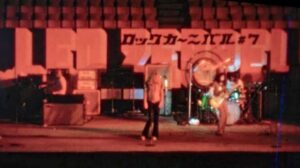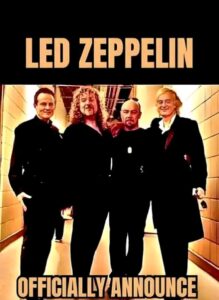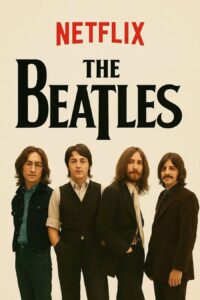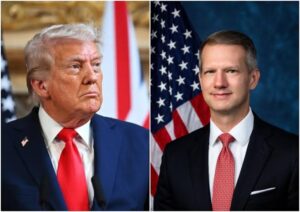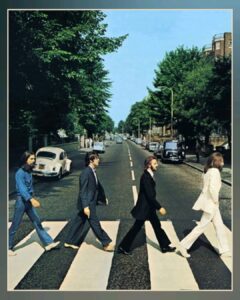
We Just Went in and Just Destroyed San Francisco, and That Was It: Jimmy Page on Led Zeppelin’s Historic Arrival in America.

In the annals of rock history, few statements stand out like Jimmy Page’s bold declaration about Led Zeppelin’s
arrival in America. “We just went in and just destroyed San Francisco, and that was it,” he said, a remark
dripping with the confidence that defined the band’s meteoric rise in the late 1960s. But what exactly did Page
mean by this? Was it a metaphorical war cry, or an honest reflection of the transformative impact Led Zeppelin
had on the American music scene?
Led Zeppelin’s first U.S. tour in 1969 was nothing short of historic. They had already made a name for themselves
in the UK with their eponymous debut album, but America, with its vibrant and diverse music culture, presented
a new battleground. The band arrived in the midst of an evolving musical landscape—psychedelic rock, folk, and
early heavy metal were all coexisting in a swirling mix. However, Led Zeppelin didn’t just fit into this world; they
reshaped it.
Page, as the mastermind behind the group’s sound and style, was acutely aware of the cultural impact his band
could have. Their first show in San Francisco, where they performed at the Fillmore West, became a defining
moment. It was an iconic venue, home to many of the era’s biggest names, but when Led Zeppelin walked in, the
room was forever changed. Their blend of heavy blues, hard rock, and mystical, otherworldly sounds was unlike
anything the American music scene had experienced.
The city itself, home to a burgeoning counterculture, was the perfect stage for this transformation. San Francisco,
with its Summer of Love and its mix of radical politics and artistic expression, had a unique energy. But Led
Zeppelin didn’t come to San Francisco to fit in. They came to conquer.
The band’s performance was nothing short of electrifying. Jimmy Page’s virtuosity on guitar, Robert Plant’s raw,
powerful vocals, John Paul Jones’s multifaceted musicianship, and John Bonham’s thunderous drumming
formed an ensemble that was both cohesive and awe-inspiring. Their performances were known for their energy,
their unpredictability, and their ability to stretch the boundaries of rock music. The set was a blend of their
already-classic songs, including “Good Times Bad Times” and “Dazed and Confused,” and tracks that would
become synonymous with the band’s legacy, such as “Whole Lotta Love.”
Page’s comment about “destroying” San Francisco wasn’t necessarily a boast of destruction in a literal sense but
an expression of how their sound overtook the musical landscape. They weren’t just another band entering the
scene—they were a force of nature that would leave an indelible mark on the city’s musical identity. To say they
“destroyed” the city reflects the overwhelming power of their performance and the lasting impact they had on the
audience. The San Francisco crowd, known for being discerning and selective in its tastes, was left in awe of Led
Zeppelin’s raw energy and precision.
This performance marked the beginning of Led Zeppelin’s rise as one of the most influential bands in rock
history. It also symbolized the band’s relationship with the American audience—a dynamic that would only grow
stronger in the years to come. While the initial reception to Led Zeppelin was mixed, they quickly built a loyal
fanbase in the U.S. It was on this very tour that their legend began to take shape.
Looking back, Page’s declaration about “destroying” San Francisco can be seen as both a celebration of their
immediate success and a reflection of their broader mission in the U.S. They weren’t just here to tour—they were
here to redefine rock and roll and become the most electrifying band in the world.
In a way, Led Zeppelin’s U.S. debut in San Francisco was their formal introduction to America—and they did so
with the raw, unrestrained force of a band that knew they were about to change the face of rock music forever.
